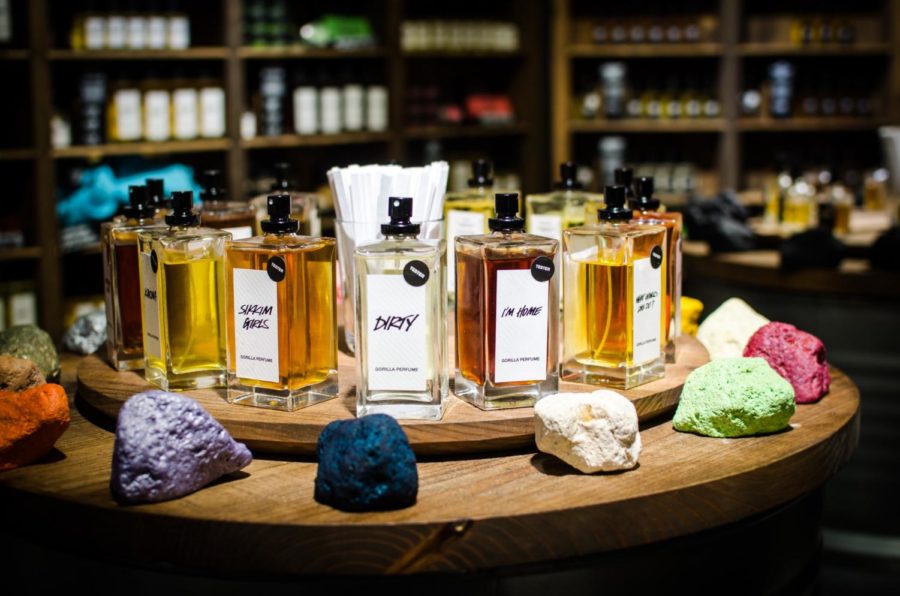Shopping for cruelty-free cosmetics
March 9, 2020
Cruelty-free cosmetic brands are increasing in popularity and importance as more states ban testing products on animals.
On New Year’s Day, Illinois became the third state to ban animal testing on products. The state joined Nevada and California in what seems to be a slow-moving ideal.
Cruelty-free brands strive to save animals like bunnies, mice, hamsters and other animals from the harmful effects of product testing; however, some brands haven’t discovered the ethical practices yet that allow them to not test on animals and still reap the benefits of selling a successful product.
A leading brand in the world of cruelty-free cosmetics is Lush. The closest location is in Jordan Creek Mall in Des Moines.
Lush does its best to promote and practice ethical methods when it comes to testing their products by only doing so on human volunteers. They have also created the Lush Prize, which awards those who are helping to find new ways to avoid or prevent testing on animals.
Jesse Howard, junior in apparel merchandising and design, is one of two makeup directors for TREND magazine.
“I’m not going to lie, I still use brands that aren’t technically cruelty-free, but a majority of big brands are cruelty-free,” Howard said. “And if someone’s really cautious about it, there’s websites where you can look up what brands are cruelty-free.”
On the People for Ethical Treatment of Animals (PETA) website, there are 91 pages filled with companies who don’t test their products on animals. There are also six pages of companies that still test their products on animals.
“I started getting into makeup when I was a sophomore in high school, but I wasn’t very aware of [cruelty-free cosmetics] at that point because I was just playing around with it,” Howard said.
Howard said she started realizing the impacts of cruelty-free makeup about a year or two ago, and that impacted the way she shopped for and used makeup.
Howard said brands she has previously used have lied about their cruelty-free status, which has hurt their brands.
One popular makeup brand among young adults is Wet N’ Wild. According to crueltyfreekitty.com, it was revealed that they lied about their cruelty-free status and actually test on animals.
It’s brands like these that make shopping for authentic cruelty-free brands far more difficult. However, more brands are starting to recognize that in order to stay relevant, they need to keep up with trends such as sustainability, cruelty-free practices and organic or vegan products.
However, other popular makeup brands such as Tarte Cosmetics and Urban Decay are authentically cruelty-free, which is evident through their websites and the products they sell.
Tarte Cosmetics strives to be a leader in producing cruelty-free, vegan, “eco-chic” skin care products by using naturally derived ingredients.
Urban Decay promotes “kindness over cruelty,’’ producing long-lasting makeup through cruelty-free methods. Howard said she thinks more brands will go cruelty-free in the future.
“A lot of people our age are into [sustainable and cruelty-free products], so I think it’s going to keep impacting the world,” Howard said. “I think it’s just going to keep growing.”







